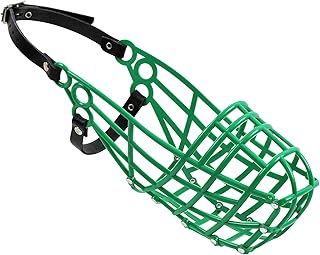The New Zealand government has made a significant decision to ban greyhound racing in the country to safeguard the welfare of racing dogs. Racing Minister Winston Peters announced this move, emphasizing the need to prevent any unnecessary harm to the animals due to the impending ban. The decision to pass legislation urgently reflects the government’s commitment to addressing animal welfare concerns within the industry.
Despite efforts by the greyhound racing industry to improve welfare standards, concerns over injury rates among racing dogs have persisted. Minister Peters highlighted the industry’s failure to sufficiently reduce injury rates, indicating a need for decisive action in the best interest of the animals. The announcement comes after years of scrutiny and calls for reforms within the sector.
The decision to end greyhound racing will involve a 20-month transition period overseen by a dedicated committee. This transition aims to manage the rehoming of approximately 2,900 racing greyhounds across New Zealand. Minister Peters underscored the importance of ensuring a smooth rehoming process for these dogs, emphasizing their potential as beloved pets.
While the industry has made strides in addressing welfare concerns, the government’s move reflects a broader shift towards prioritizing animal welfare in sporting activities. The decision to phase out greyhound racing aligns with growing public awareness and calls for ethical treatment of animals in entertainment and recreation.
Industry reactions to the ban have been mixed, with Greyhound Racing New Zealand expressing disappointment over the decision. The organization emphasized its efforts to improve welfare standards and its willingness to engage in discussions with the government regarding the industry’s future. Concerns have been raised about the impact of the ban on livelihoods within the greyhound racing sector.
Animal rights activists have welcomed the government’s decision as a significant victory for animal welfare in New Zealand. Campaign manager Emma Brodie of SAFE highlighted the importance of ending exploitative practices in the industry and commended the move as a step towards recognizing and respecting the rights of animals. Collaborative efforts are underway to rehome and rehabilitate former racing dogs, signaling a positive shift towards a more compassionate approach to animal care.
In conclusion, the decision to ban greyhound racing in New Zealand marks a pivotal moment in the ongoing dialogue surrounding animal welfare in the racing industry. By prioritizing the well-being of racing dogs and initiating a structured transition process, the government is setting a precedent for ethical practices and responsible stewardship of animal rights in sporting activities.
📰 Related Articles
- Debates Surrounding Greyhound Racing and Animal Welfare in England
- Study Reveals Greyhound Racing Welfare Gaps Across Australian States
- Greyhound Trainers Face Serious Animal Welfare Charges in Adelaide
- Greyhound Trainer Faces Tribunal for Animal Welfare Breaches
- From New Zealand to Melbourne: A Greyhound Trainer’s Inspiring Journey in Racing






